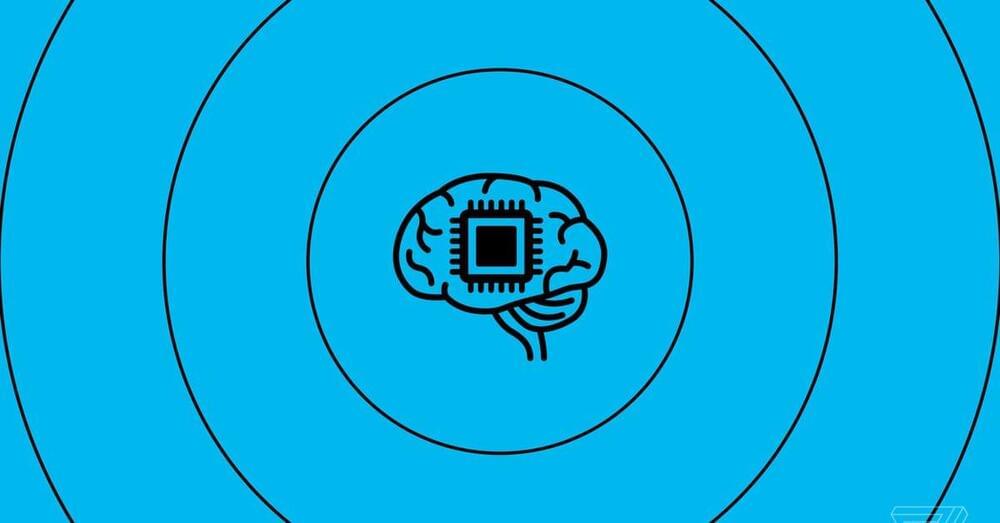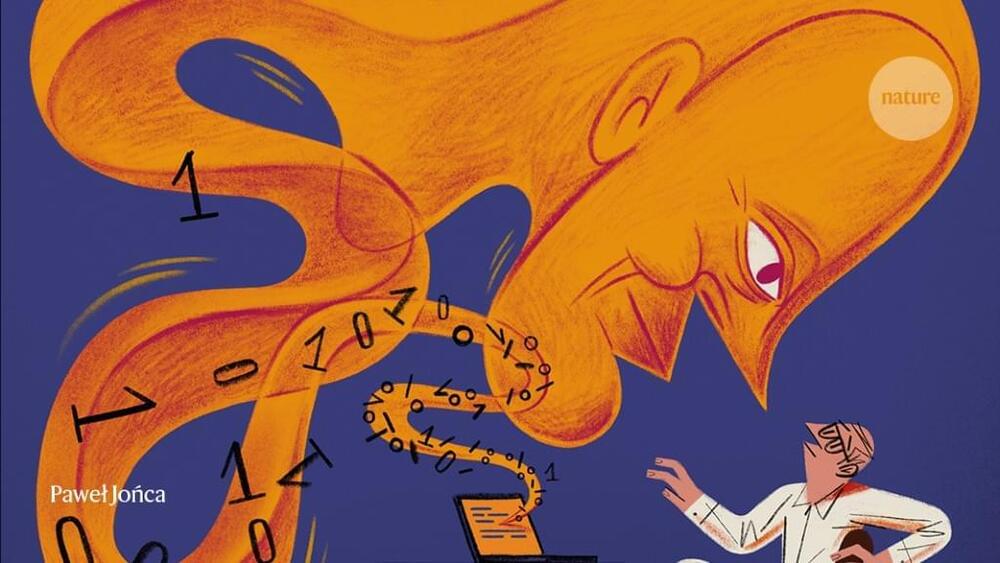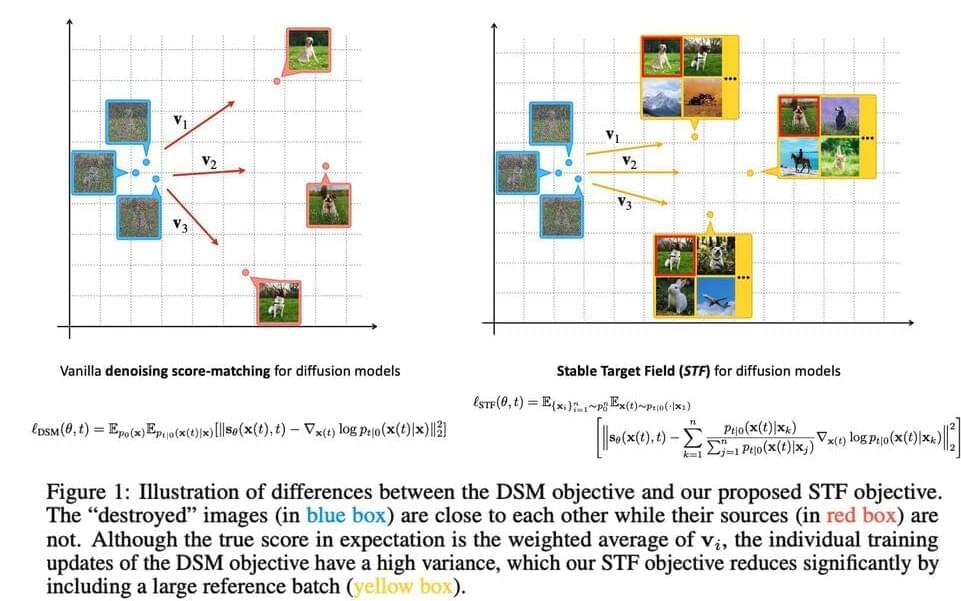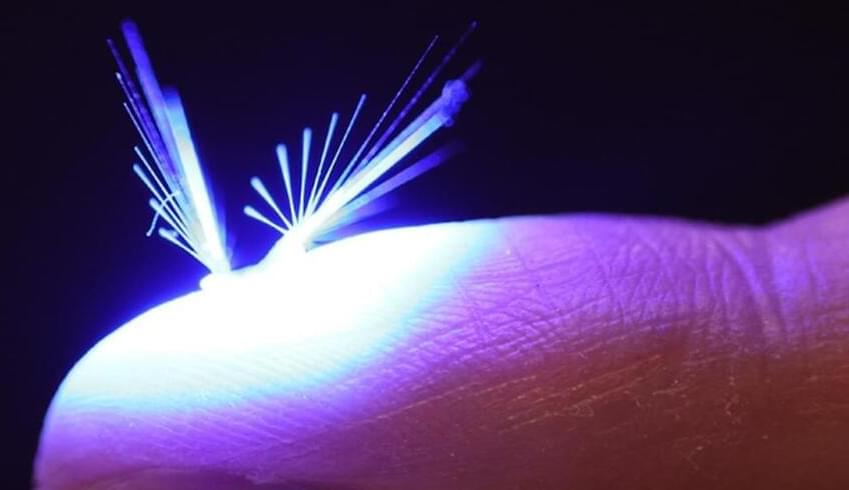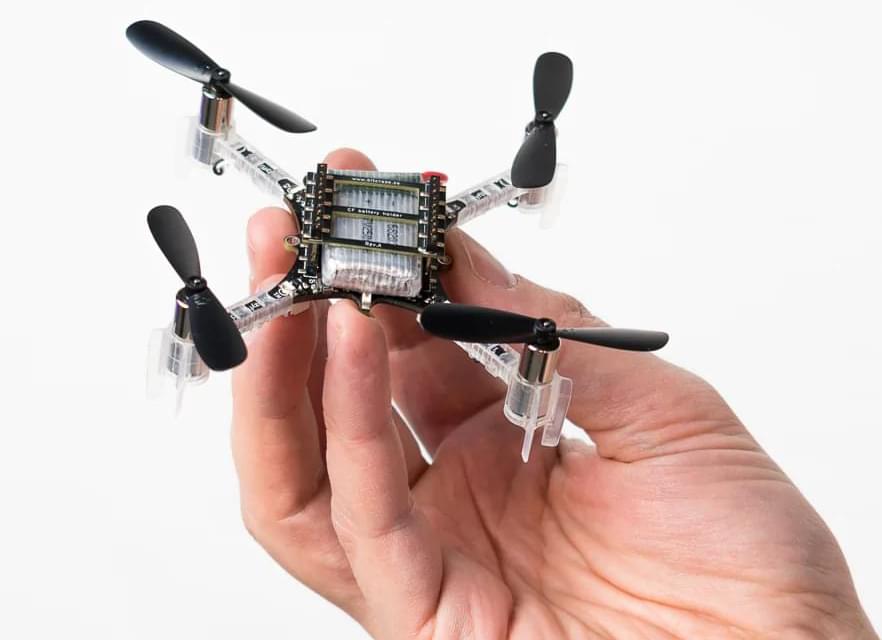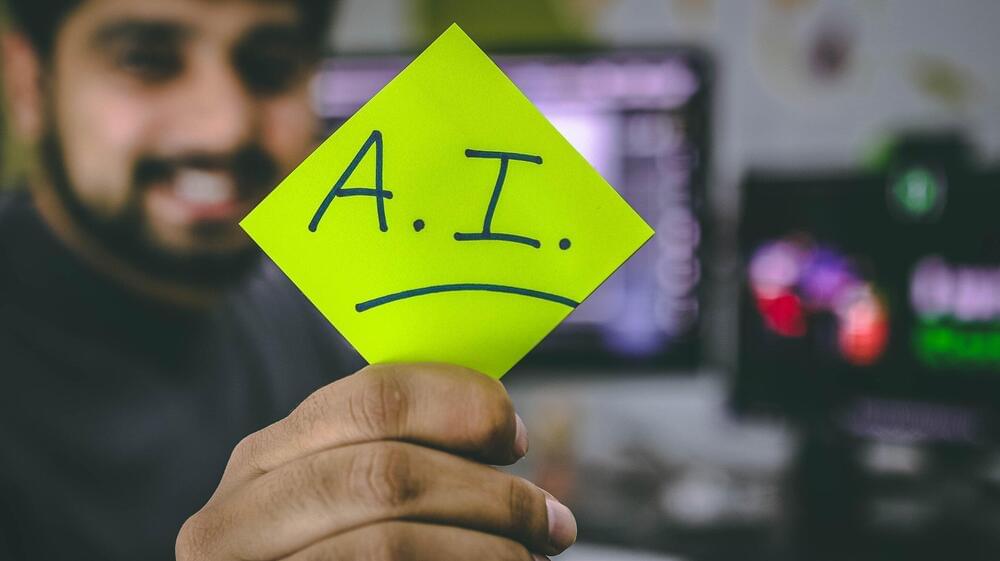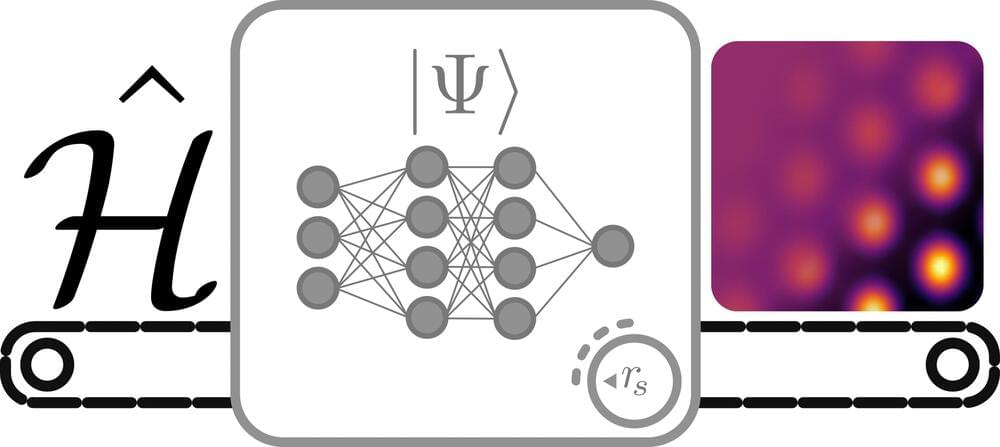Architectures based on artificial neural networks (ANNs) have proved to be very helpful in research settings, as they can quickly analyze vast amounts of data and make accurate predictions. In 2020, Google’s British AI subsidiary DeepMind used a new ANN architecture dubbed the Fermionic neural network (FermiNet) to solve the Schrodinger equation for electrons in molecules, a central problem in the field of chemistry.
The Schroedinger equation is a partial differential equation based on well-established theory of energy conservation, which can be used to derive information about the behavior of electrons and solve problems related to the properties of matter. Using FermiNet, which is a conceptually simple method, DeepMind could solve this equation in the context of chemistry, attaining very accurate results that were comparable to those obtained using highly sophisticated quantum chemistry techniques.
Researchers at Imperial College London, DeepMind, Lancaster University, and University of Oxford recently adapted the FermiNet architecture to tackle a quantum physics problem. In their paper, published in Physical Review Letters, they specifically used FermiNet to calculate the ground states of periodic Hamiltonians and study the homogenous electron gas (HEG), a simplified quantum mechanical model of electrons interacting in solids.

